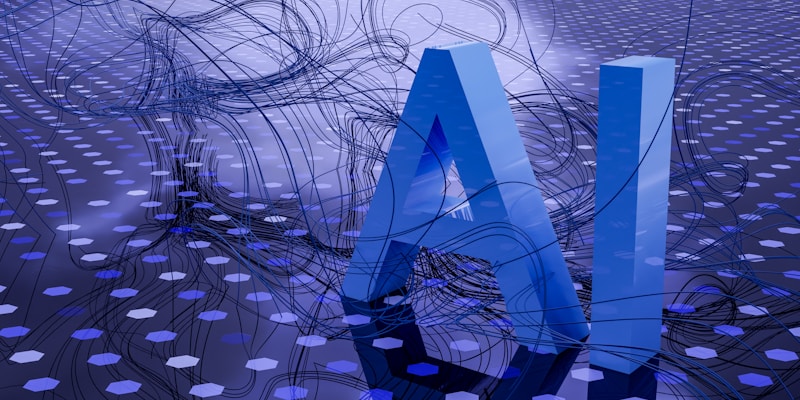Artificial Intelligence is no longer confined to research labs and tech giants. Today's web applications are increasingly incorporating AI capabilities to deliver personalized, intelligent, and adaptive user experiences that were unimaginable just a few years ago.
The AI Revolution in Web Development
Modern web applications are becoming smarter, more intuitive, and more capable of understanding user intent. From chatbots and recommendation engines to predictive analytics and automated content generation, AI is reshaping how we build and interact with web applications.
Key AI Integration Areas:
- Natural language processing and chatbots
- Personalized content recommendations
- Predictive analytics and user behavior modeling
- Automated content generation and optimization
- Image and video analysis capabilities
- Voice recognition and speech synthesis
Practical AI Implementation Strategies
Integrating AI into web applications doesn't require building everything from scratch. Modern AI services and APIs make it possible to add sophisticated AI capabilities with minimal complexity.
> "The future of web development lies not in replacing human creativity with AI, but in augmenting human capabilities to create more intelligent and responsive applications."
AI-Powered User Interfaces
AI is transforming user interfaces by making them more adaptive and responsive to user needs. Smart interfaces can predict user actions, provide contextual assistance, and automatically adjust based on user preferences and behavior patterns.
Machine Learning APIs and Services
Cloud-based AI services have democratized access to powerful machine learning capabilities. Developers can now integrate sophisticated AI features without deep ML expertise by leveraging pre-trained models and APIs.
Natural Language Processing Integration
NLP capabilities enable web applications to understand and process human language, opening up possibilities for more natural and intuitive user interactions through chatbots, voice interfaces, and intelligent content analysis.
Computer Vision in Web Applications
Image and video analysis capabilities are becoming increasingly accessible, enabling applications to automatically tag content, detect objects, recognize faces, and extract meaningful information from visual media.
Performance and Optimization Considerations
Implementing AI features requires careful consideration of performance implications, including API response times, caching strategies, and fallback mechanisms for when AI services are unavailable.
Ethical AI Implementation
As AI becomes more prevalent in web applications, developers must consider ethical implications including bias prevention, transparency, user consent, and data privacy protection.
Conclusion
AI integration in web applications represents a significant opportunity to create more intelligent, personalized, and effective user experiences. Success requires thoughtful implementation, attention to performance and ethics, and a focus on enhancing rather than replacing human capabilities.
At TriCode Technology, we help businesses leverage AI technologies to create smarter web applications that deliver exceptional value to users while maintaining high standards of performance and ethical responsibility.
\`\`\`
Now let me add new security-focused blog posts with Kismat Rijal as the author:
